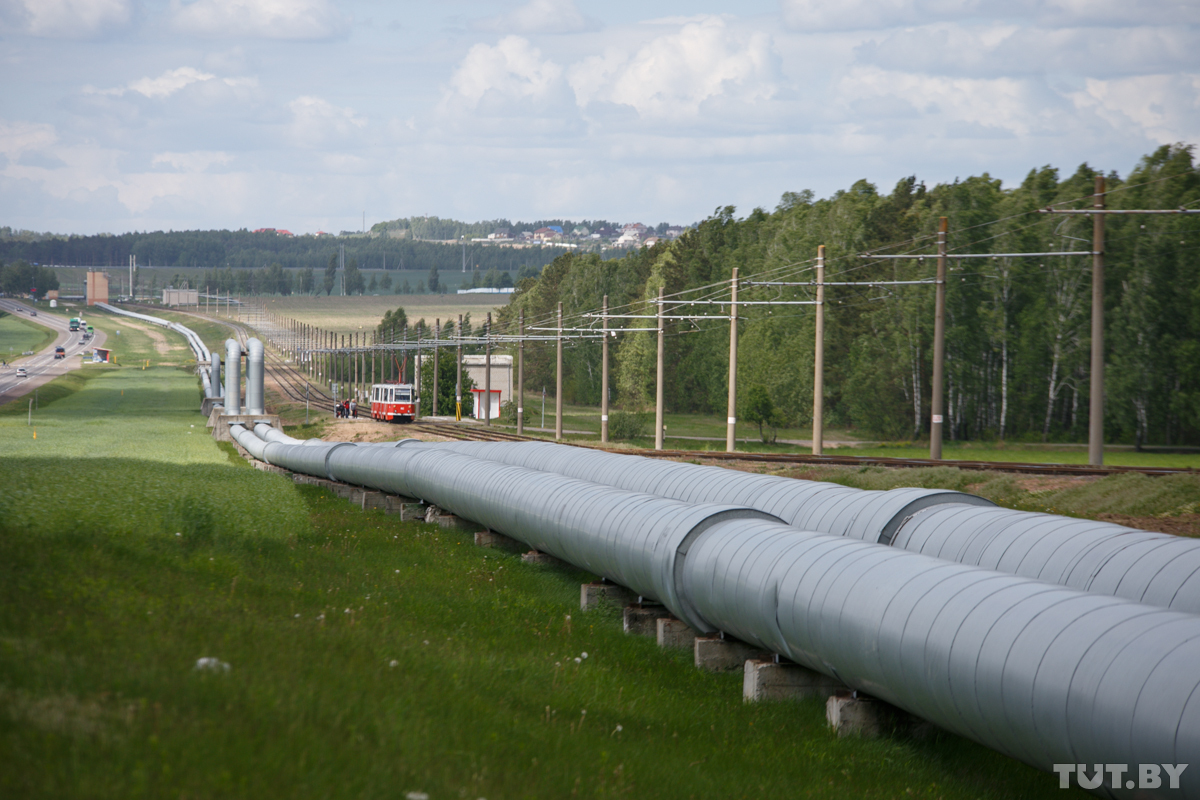Implementation of new oil agreements could mitigate Belarus’ budget risks connected with petrochemicals price fluctuations
 The situation has not changed
The situation has not changed

According to an agreement with Russia, the latter would resume oil supplies to Belarus at 24 million tons per year after the Belarusian authorities repay USD 720 million overdue debt for gas supplies. That said, 6 million tons would be exported without processing. Previously, Belarus refined the entire volume of oil supply and retained oil duty on exported petrochemicals. If the new agreement is implemented, the Belarusian budget will be spared from risks connected with the fluctuating prices on petrochemicals, while Belarusian refineries would have unutilised capacity, which would deteriorate the industry’s performance.
According to the Russo-Belarusian settlement in the oil and gas dispute, Russia would supply 24 million tons of oil per year to Belarus until 2024 inclusive, of which 18 million tons would be processed at Belarusian refineries, and 6 million tons re-shipped and exported, in addition, Belarus would keep the oil duties in her budget. Russia would resume the oil supply after April 13th, 2017, if Belarus repays overdue debt for gas at USD 720 million. In Q1 2017, oil supplies to Belarus totalled 4 million tons.
In previous years, Russia supplied oil to Belarus in order to refine it and then export petrochemicals. In 2016, Belarus received 18 million tons of oil, all oil was processed, 13 million tons of petrochemicals were exported and about 4.5 million tons was used for domestic consumption. From the moment of oil shipment to the moment of receiving oil products, oil companies could wait several weeks, which, led to price risks when prices on petrochemicals fluctuated significantly.
Currently, there is no information about how 18 million tons of petrochemicals would be redistributed between Belarusian consumers and Russian donors. Russian oil companies are not interested in donor oil processing in such volumes, while Belarusian consumers lack the resources to buy the whole bulk of petrochemicals.
If 6 million tons of oil are re-registered to a Belarusian company with a view to subsequent exports to the EU, the Belarusian budget will receive the export duty on oil. In April 2017, the export duty rate is USD 88.9 per ton, hence, by exporting 6 million tons the Belarusian budget could receive additional USD 533 million within a year. That said, Belarus would be free from price risks on petrochemicals and Belarusian buyers would not require loans to purchase oil. The downside in such a case-scenario would be reduced capacity utilization at the Belarusian refineries, which would lead to deterioration in production statistics.
The second option involves processing 6 million tons of oil in order to export petrochemicals. In this option, refineries would receive funds for processing, but budget revenues would reduce so as duty on petrol and diesel fuel is USD 26.6 per ton, and some funds would remain at the donor’s disposal.
For Belarus’ budget, the option with oil re-export would be more favourable. However, due to the tax manoeuvre in Russia, Belarus’ proceeds from oil re-exports could reduce to zero in the long run if Russia fully scraps the export oil duty. The main risk in this option is unutilized capacity at refineries provided, that Russian suppliers decide not to process oil at Belarusian refineries.
In essence, the new agreement is an edition of the previously signed agreements, envisaging possible re-exports of some oil supply. As a result, the Belarusian budget could obtain additional some USD 0.5 billion in 2017, but refinery capacity would be unutilized and Belarus would lose some profits from petrochemicals export.
Subscribe to our newsletter




Situation in Belarus
Constitutional referendum: main consequences


 Video
Video
How to count the political prisoners: are the new criteria needed?


 Video
Video
Paternalism In Decline, Belarusian Euroscepticism, And The Influence Of Russia


 Video
Video











